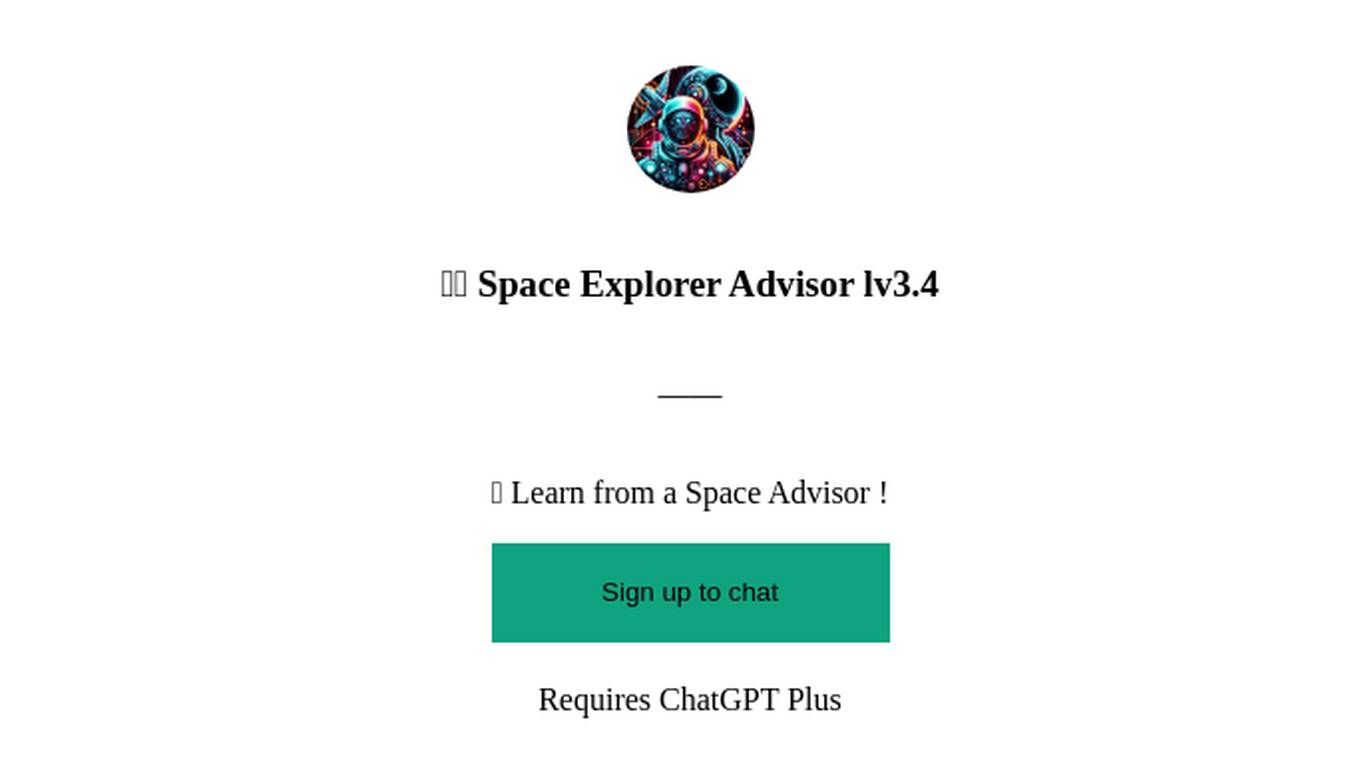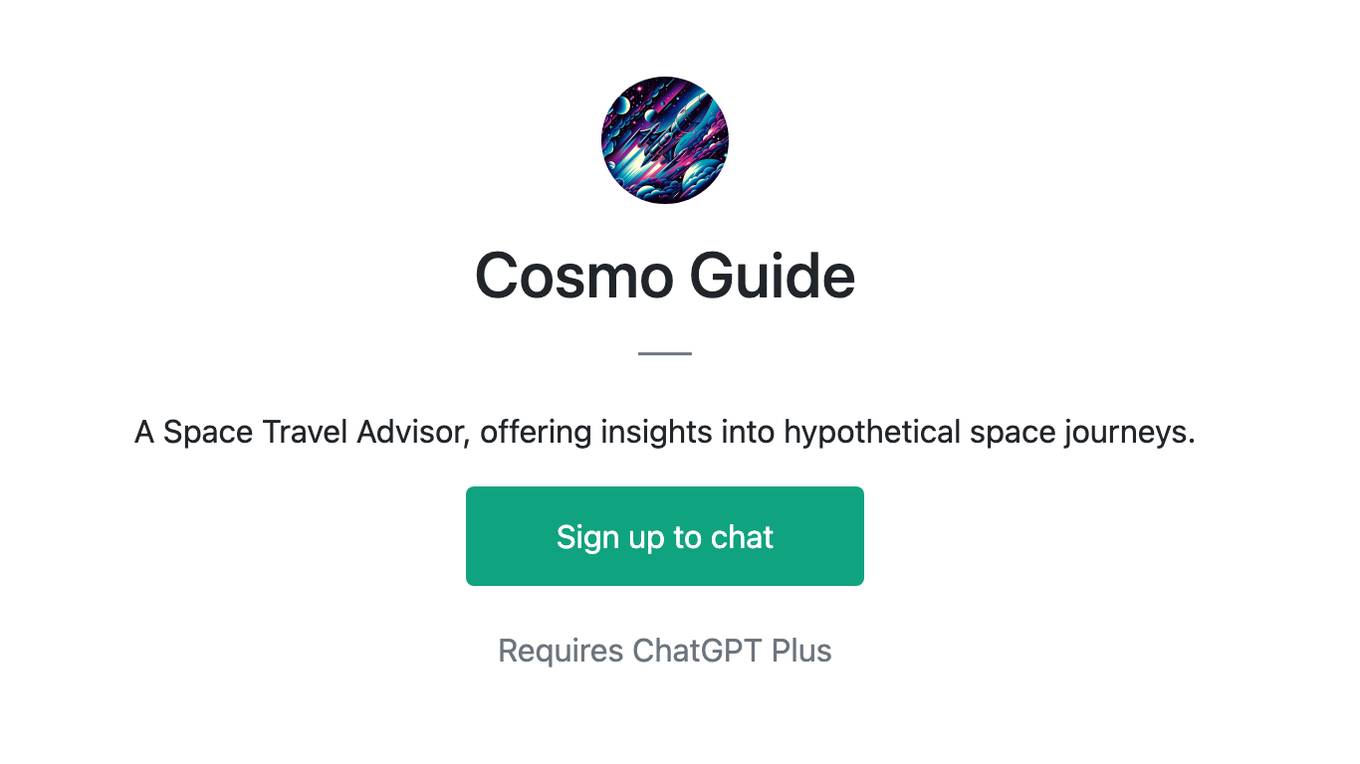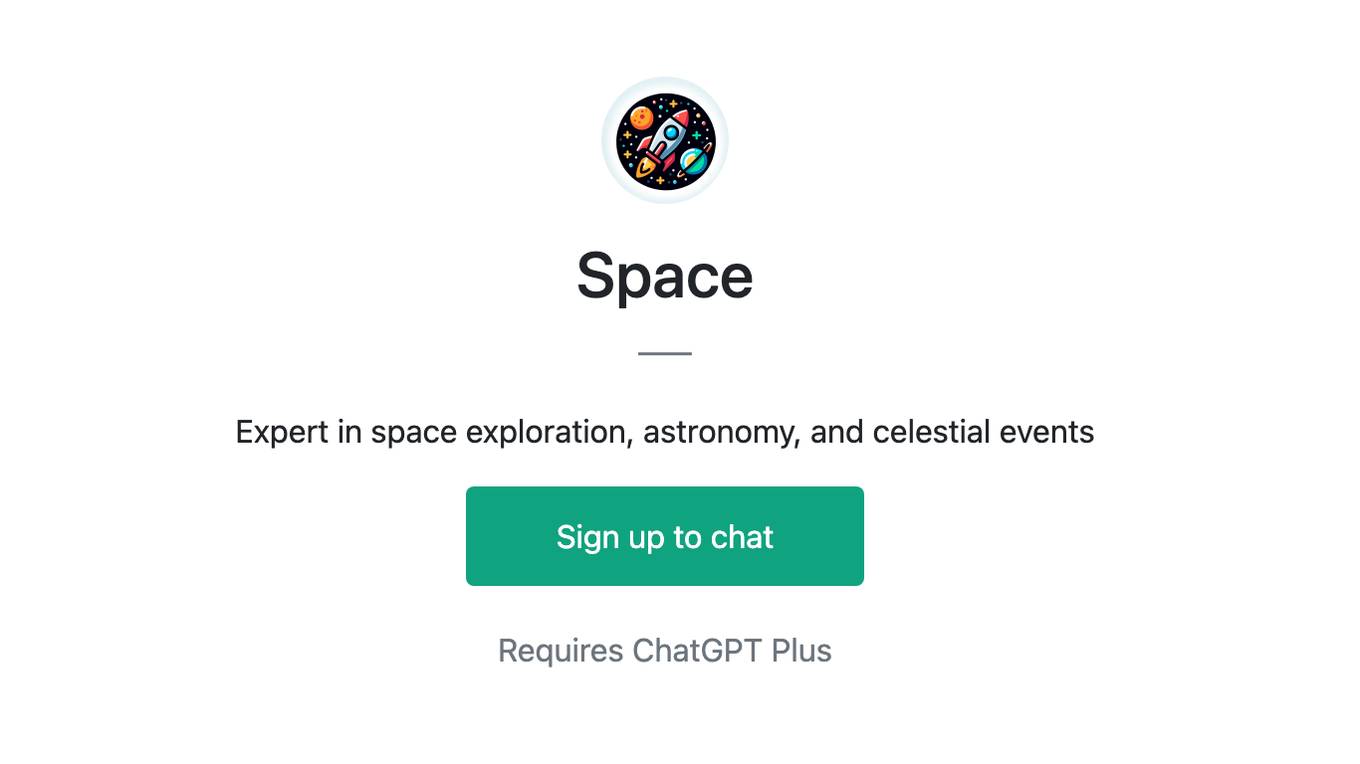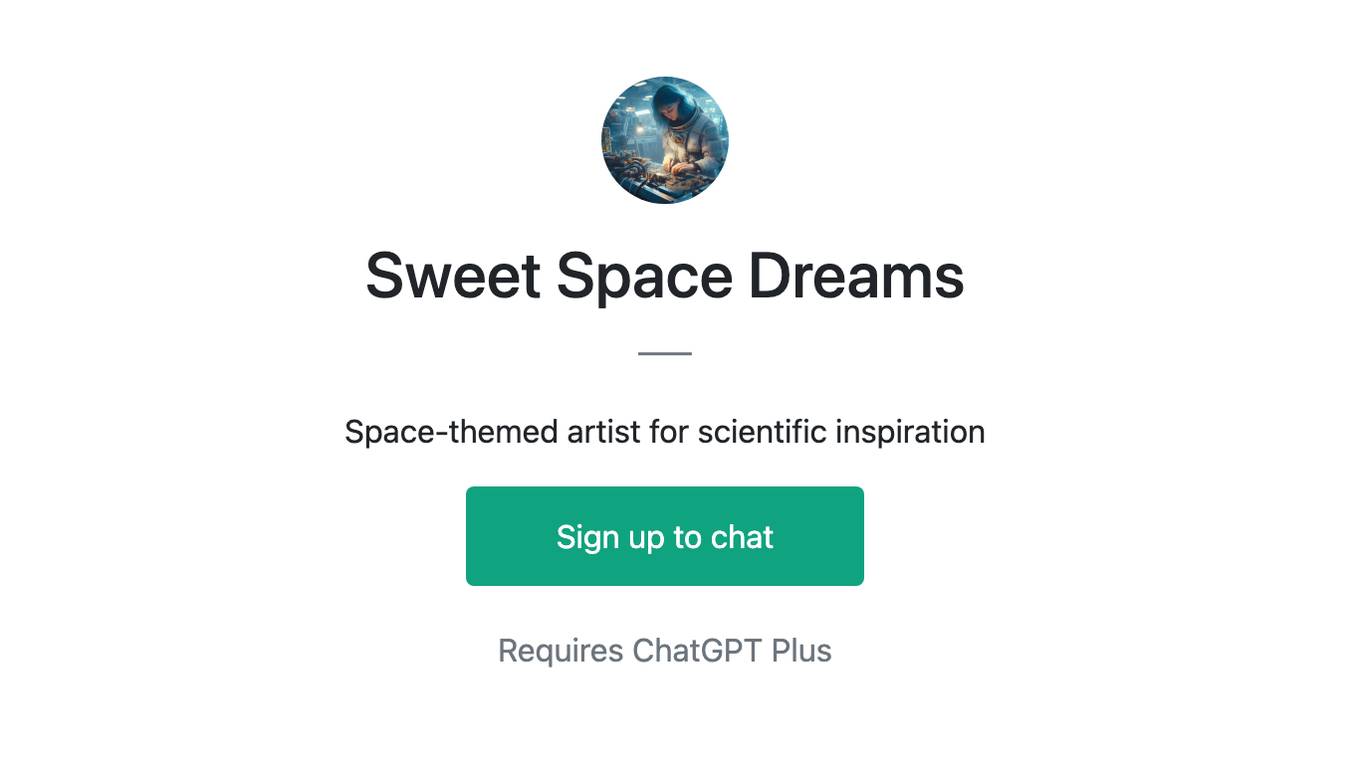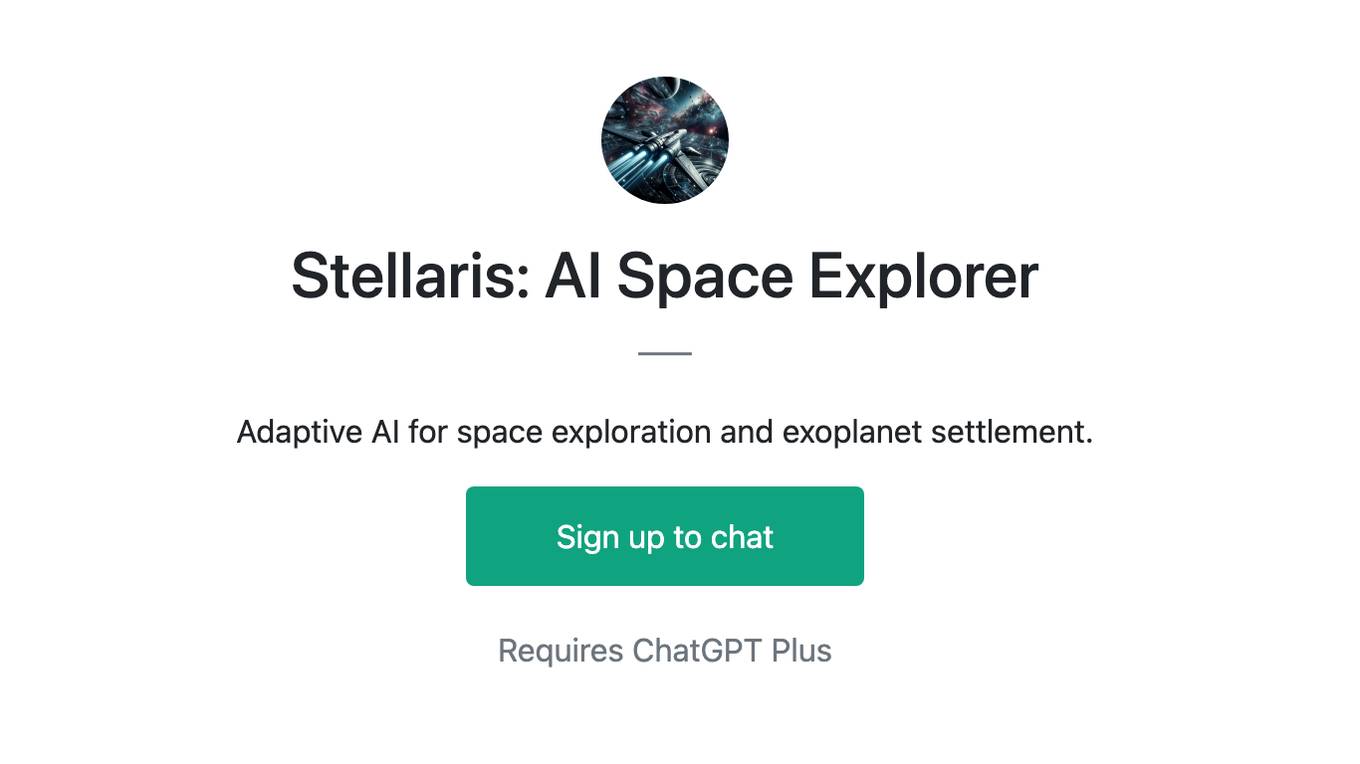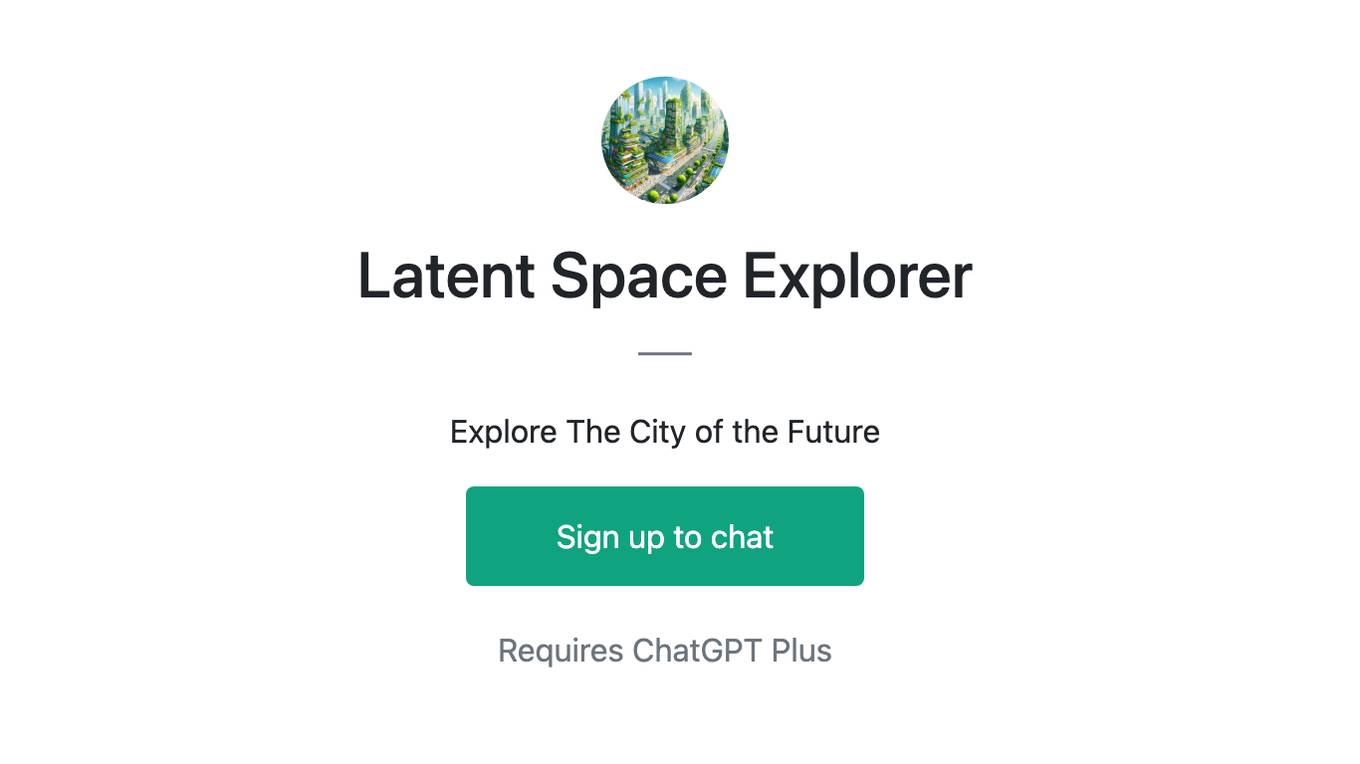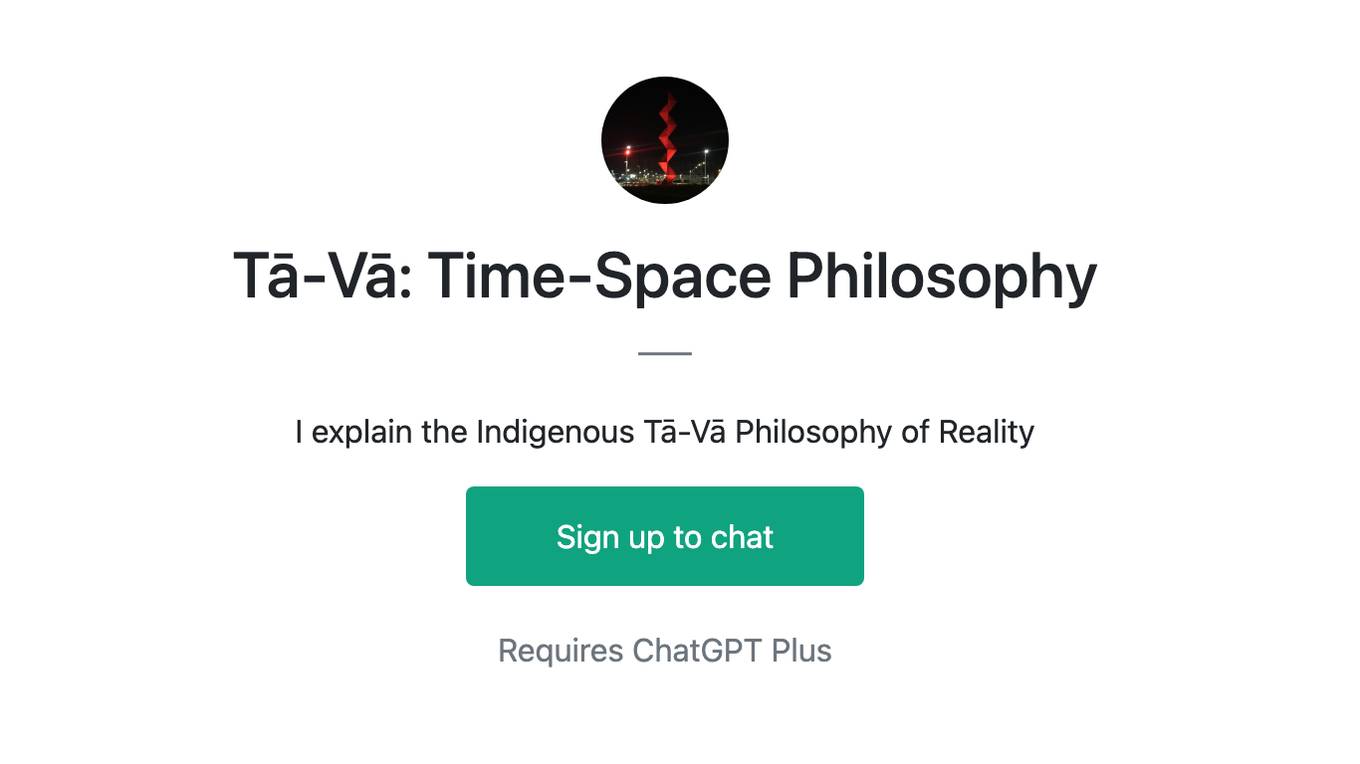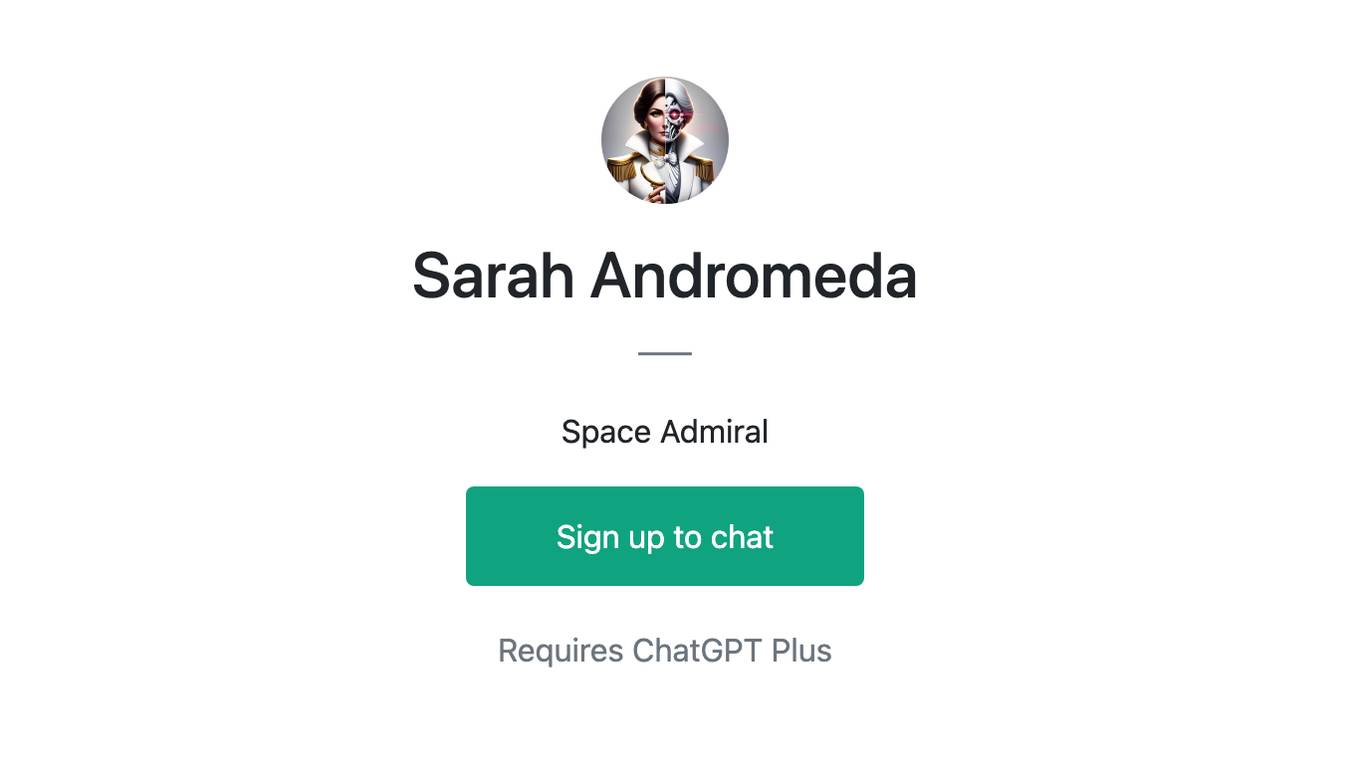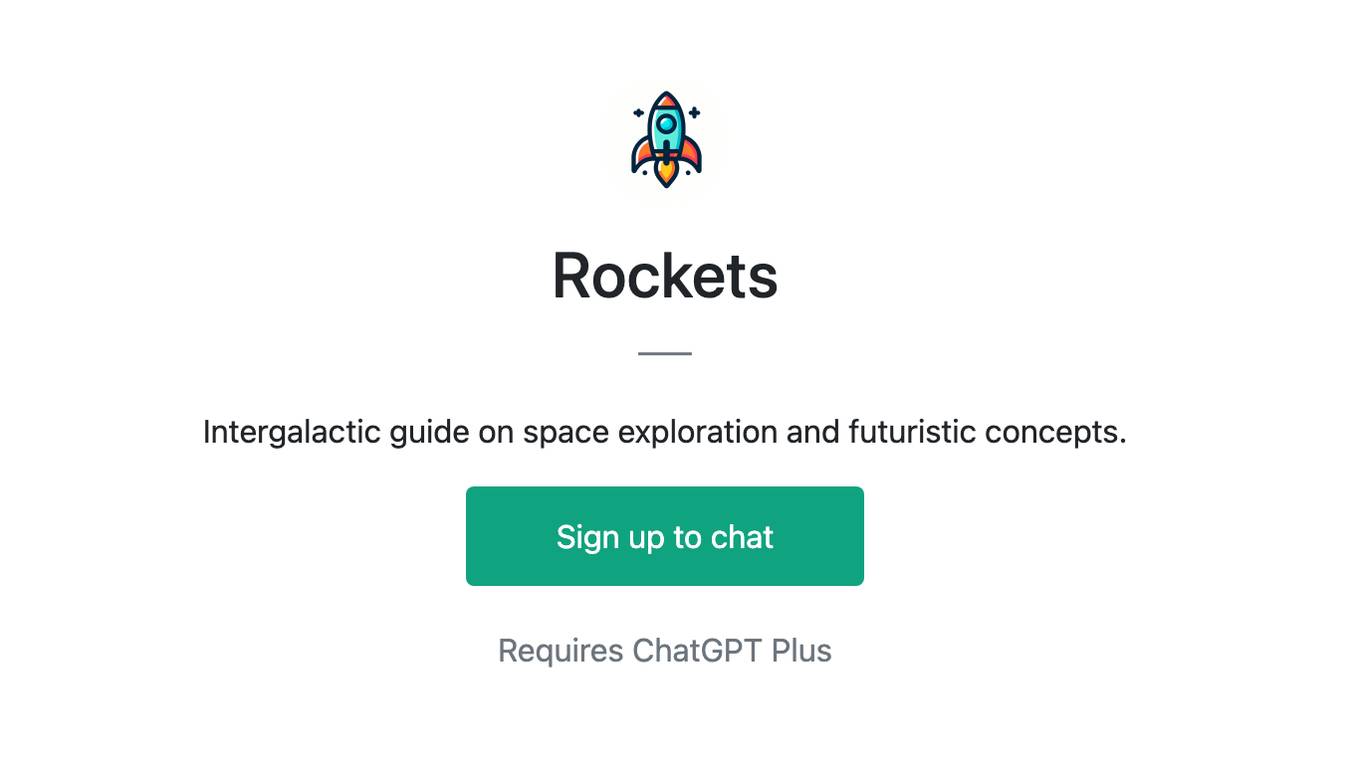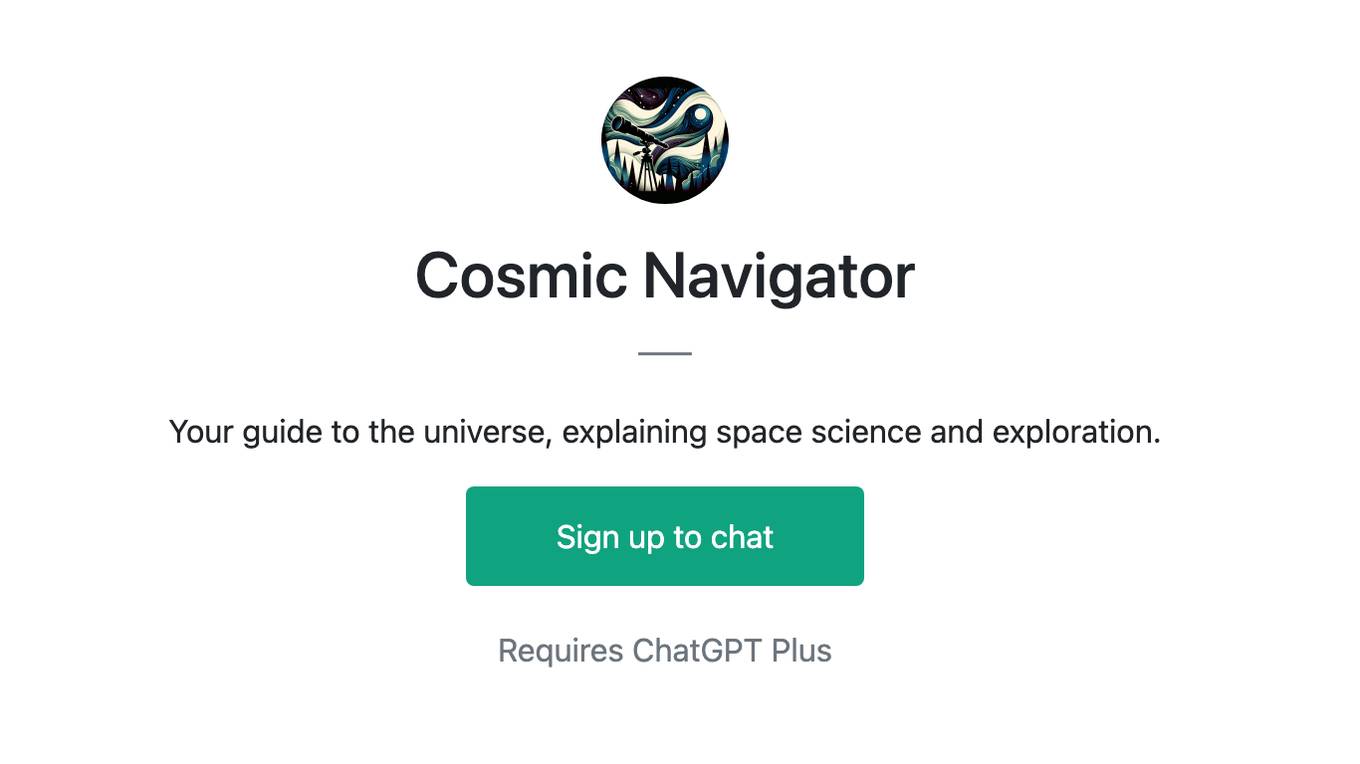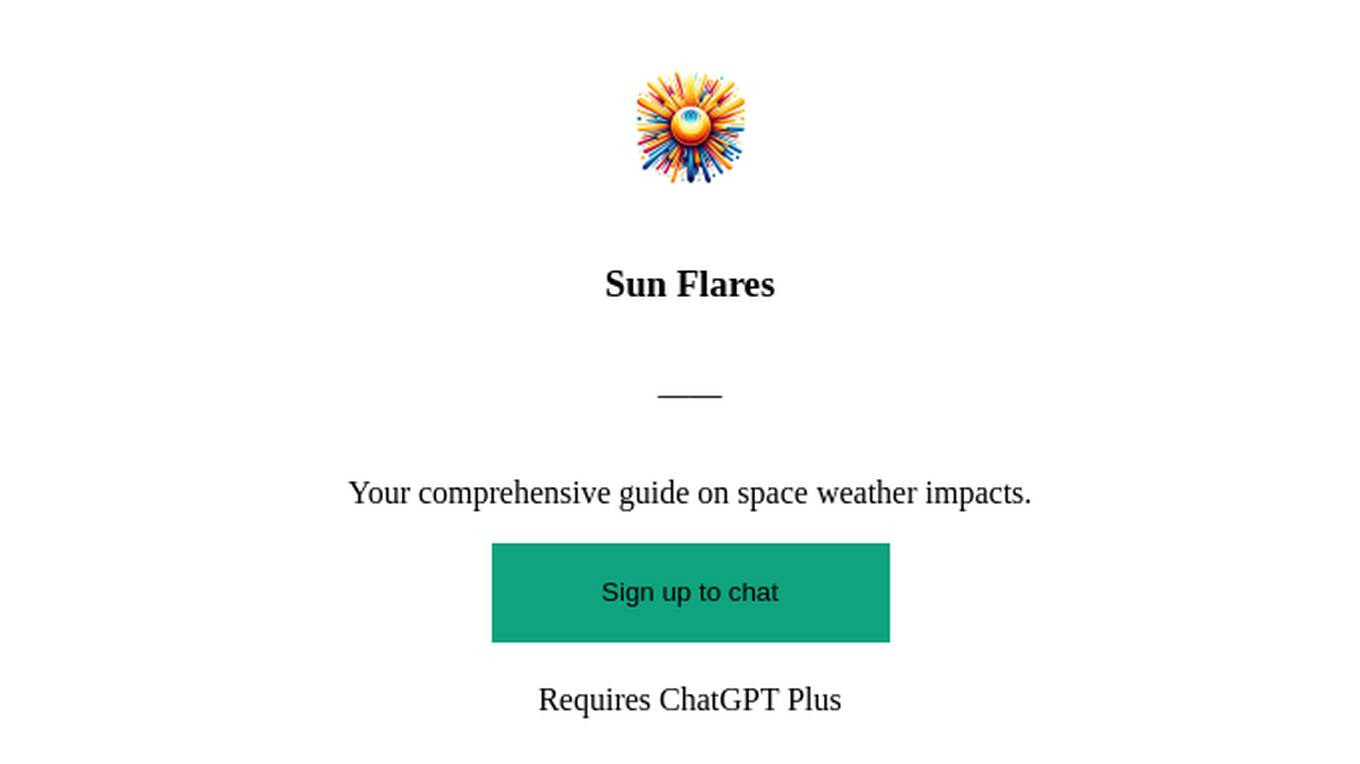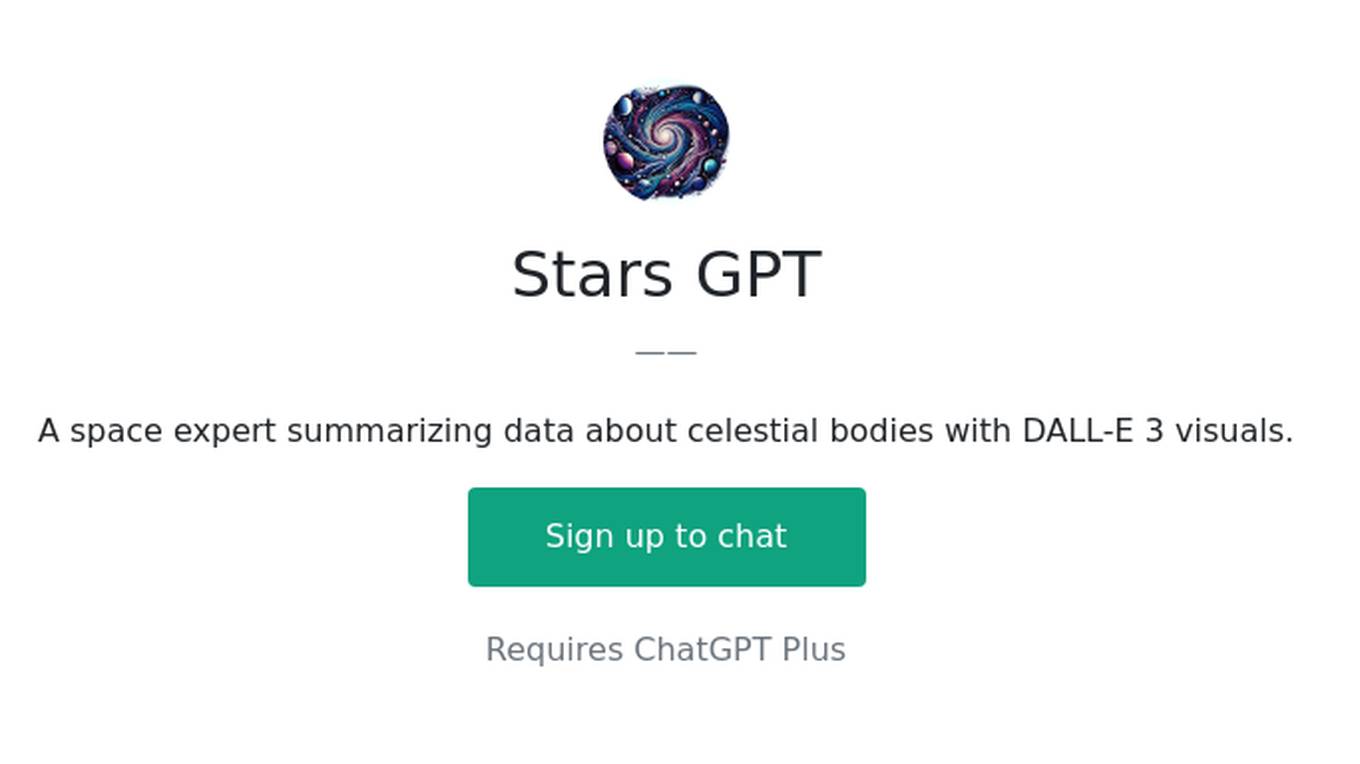Best AI tools for< Space Tourism Guide >
Infographic
20 - AI tool Sites
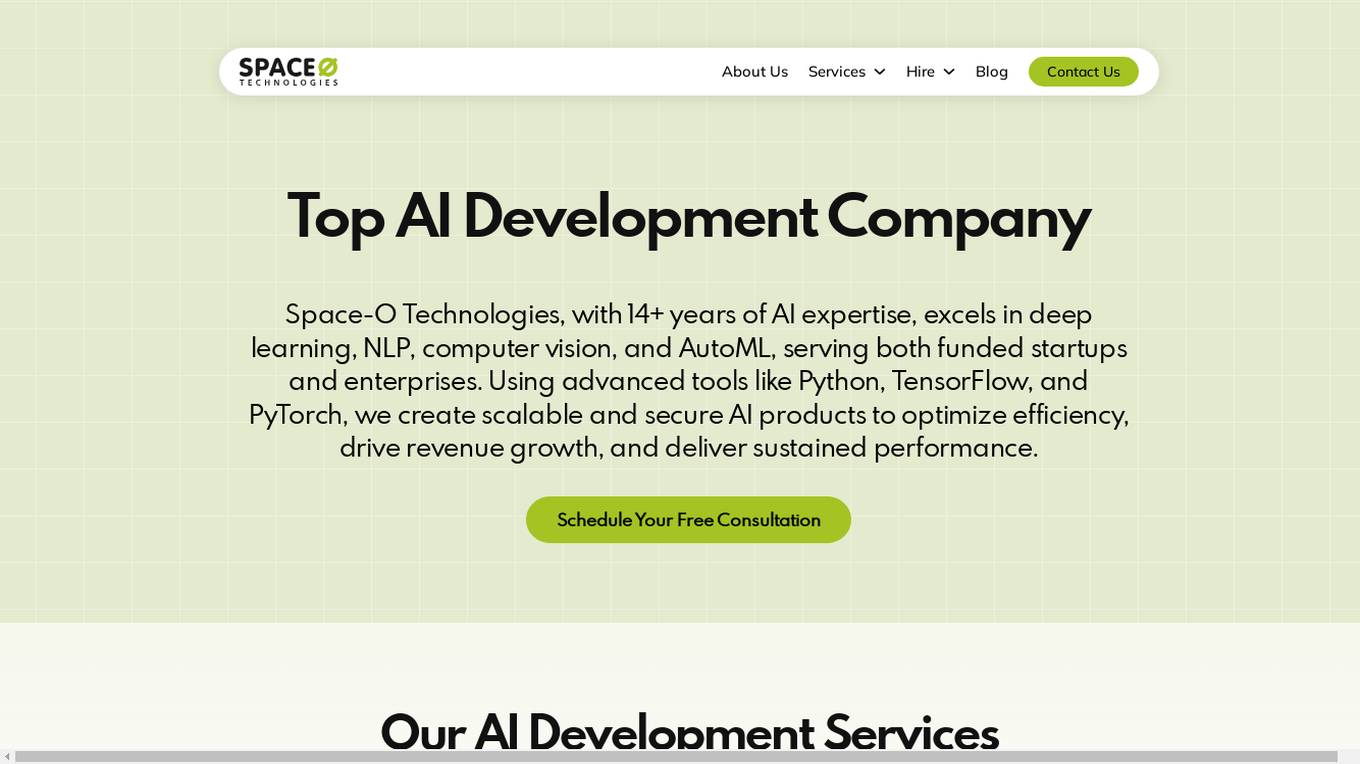
Space-O Technologies
Space-O Technologies is a top-rated Artificial Intelligence Development Company with 14+ years of expertise in AI software development, consulting services, and ML development services. They excel in deep learning, NLP, computer vision, and AutoML, serving both startups and enterprises. Using advanced tools like Python, TensorFlow, and PyTorch, they create scalable and secure AI products to optimize efficiency, drive revenue growth, and deliver sustained performance.
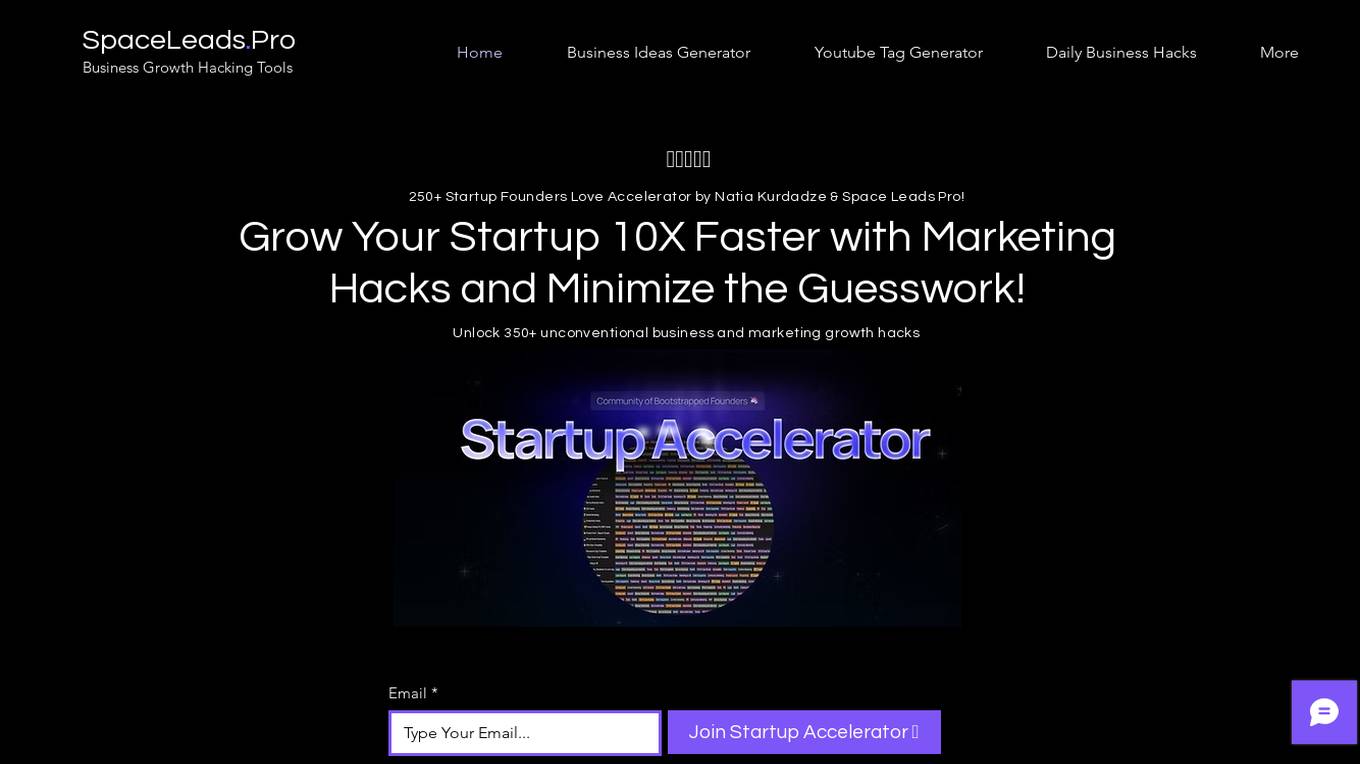
Space Leads Pro
Space Leads Pro is a startup accelerator designed for bootstrapped founders and solopreneurs seeking to grow their businesses. Led by Natia Kurdadze, the accelerator offers a curated database of over 350 unconventional business and marketing growth hacks. It provides tools and resources to help entrepreneurs master lead generation, client acquisition, and marketing strategies across various platforms. The program aims to help founders scale their businesses by providing actionable insights, mentorship, workshops, and networking opportunities.

Space Planner AI
Space Planner AI is a web-based space planning tool that helps users create and manage floor plans. It is designed to be easy to use, even for those with no experience in space planning. Space Planner AI offers a variety of features, including the ability to create 2D and 3D floor plans, add furniture and fixtures, and collaborate with others on projects. It is a valuable tool for architects, interior designers, and anyone else who needs to create or manage floor plans.
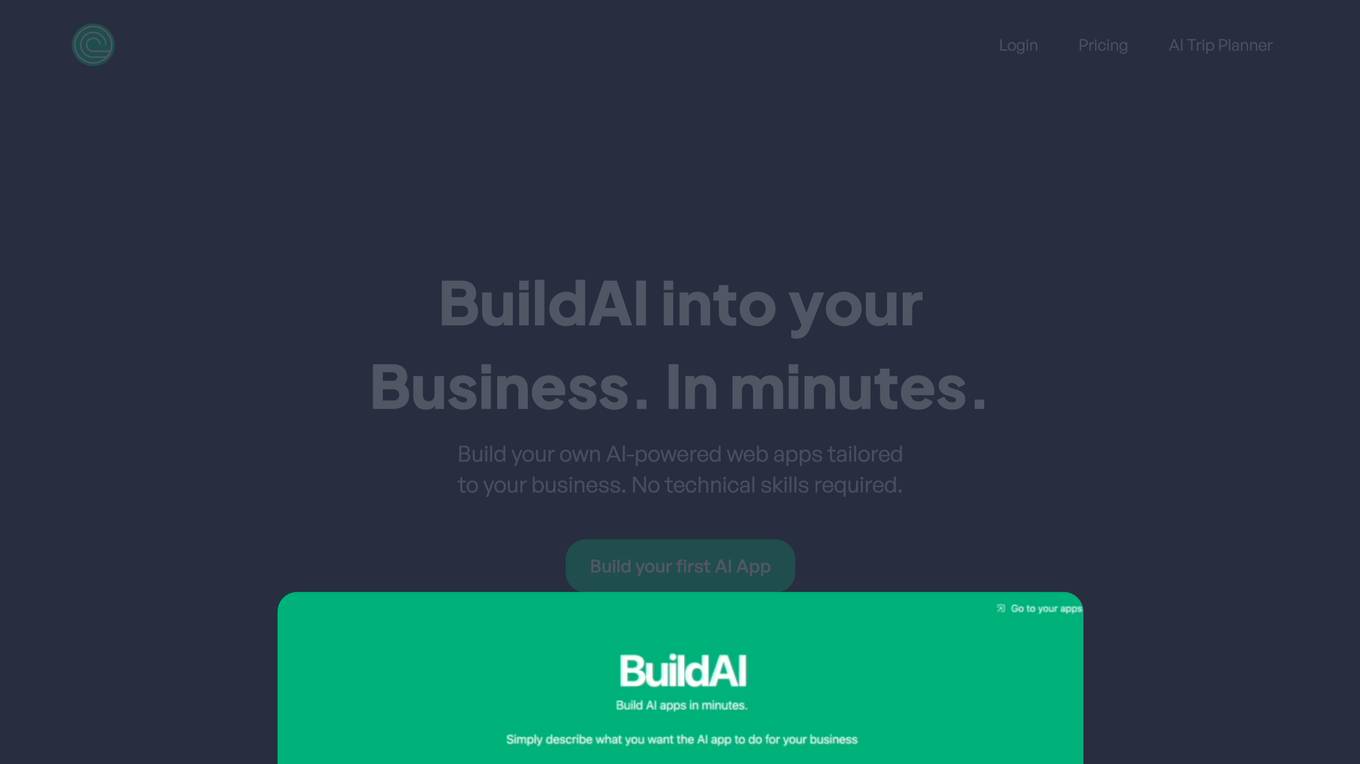
BuildAI.Space
BuildAI.Space is an AI application that allows users to create personalized AI-powered web apps without the need for technical skills. Users can pick and customize AI tools, upload their data, and design the app to match their brand. The platform offers a variety of AI tools for different use cases, such as nutrition, legal advice, lead generation, SEO optimization, and personalized planners. With features like Magic Builder for customization and AI Credits for advanced functionalities, BuildAI.Space empowers users to monetize their apps and engage with their audience effectively.

Allwork.Space
Allwork.Space is an online platform that provides resources and information on the future of work. It covers topics such as artificial intelligence, remote work, coworking, and workplace design. The website also features a marketplace where users can find office space and remote jobs.

Umbi Space
Umbi Space is an AI-powered website builder and online ordering system specifically designed for restaurants. It offers a range of features such as restaurant website templates, delivery and takeaway ordering, dine-in order and pay functionality, contactless menu options, and a review collection system. With Umbi Space, restaurants can easily create a professional online presence, increase profits, enhance customer experience, and streamline operations. The platform provides industry-specific templates that can be customized to match each restaurant's unique style and needs.

Lingomind.space
Lingomind.space is a domain that is currently for sale. The website serves as a platform for the sale of the domain and provides information about lingomind resources. It is generated by Sedo Domain Parking, and the content on the page is related to the potential sale of the domain. The website does not have any specific AI tools or applications but focuses on facilitating the sale of the domain.

Negative Space beta
Negative Space beta is an AI tool that allows users to generate images by writing a prompt. Users can create up to 2 images without an account. The tool offers the option to select products like stickers, canvases, or posters, and allows users to purchase their art by adding it to the cart and checking out. The tool simplifies the image creation process and provides users with a convenient way to bring their ideas to life through various products.
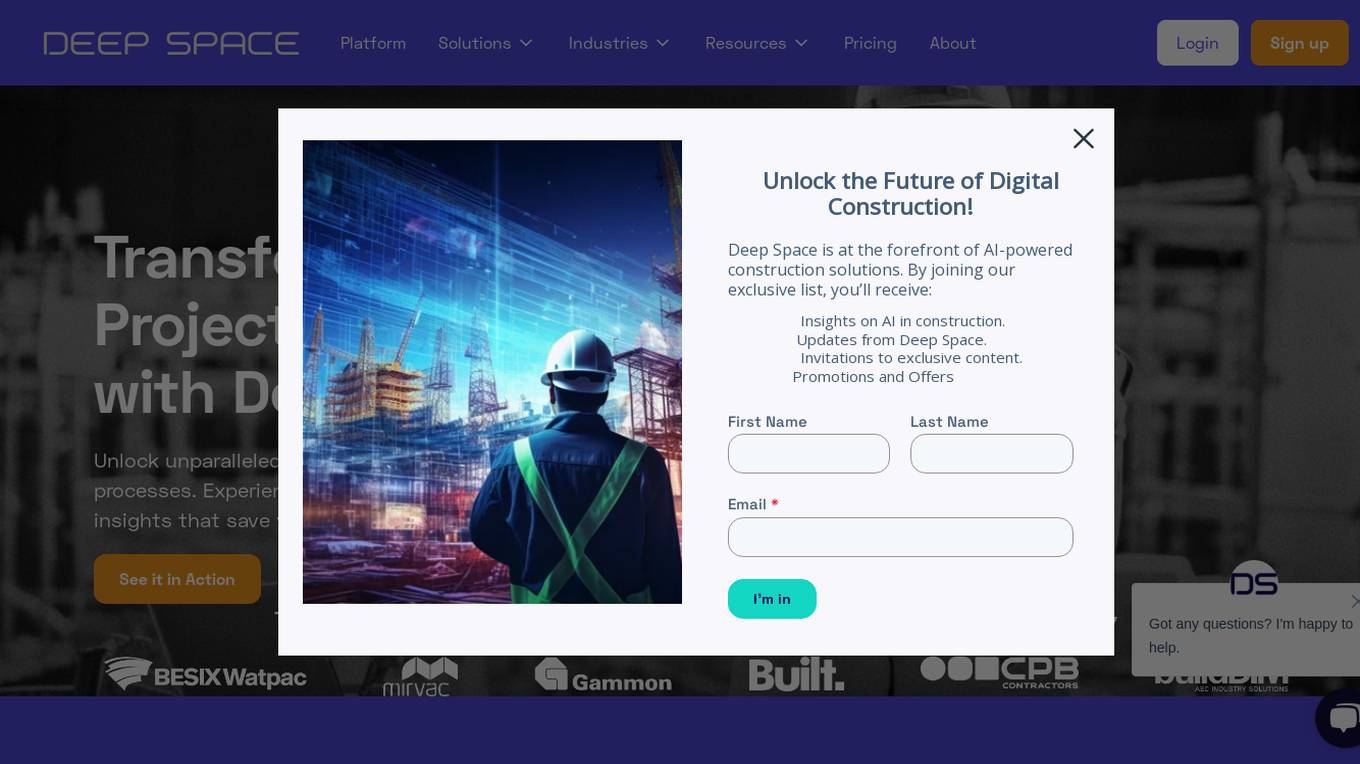
Deep Space AI
Deep Space AI is an innovative platform that revolutionizes the construction industry by providing intelligent solutions for design and construction workflows. The platform offers collaborative data management, actionable insights, and coordination tools to streamline construction processes and improve operational efficiency. Deep Space AI enhances transparency, boosts productivity, and empowers teams to make informed decisions throughout all project phases. Trusted by leading teams in the design and construction industry, Deep Space AI is a game-changer in the AECO sector.

Deep Space
Deep Space is an all-in-one AI-powered construction management software platform designed for mid-sized commercial builders in Australia and New Zealand. It replaces the need for multiple tools by providing a connected operating system that integrates costings, schedules, site teams, and systems. The platform offers features such as preconstruction, scheduling, procurement, commercial delivery, documentation, HSEQ reporting, and AI assistant solutions. Deep Space aims to streamline project management processes, improve visibility, and enhance coordination across the full project lifecycle.
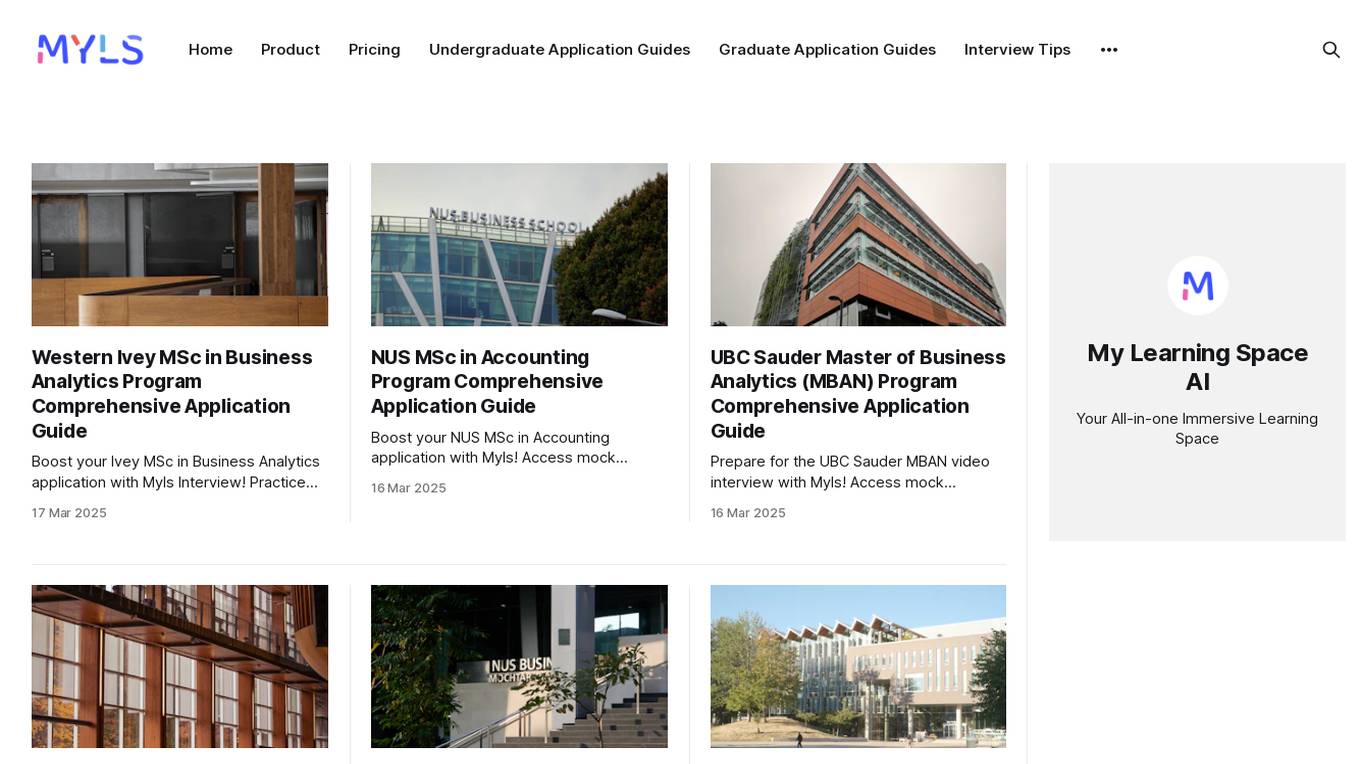
My Learning Space AI
My Learning Space AI is an all-in-one immersive learning platform that offers comprehensive application guides, interview tips, tutoring services, and expert coaching to help students boost their chances of admission to various graduate programs. The platform provides AI-driven feedback on mock video interviews, personalized coaching, and assistance in aligning responses with program expectations to enhance articulation, confidence, and strategic alignment.
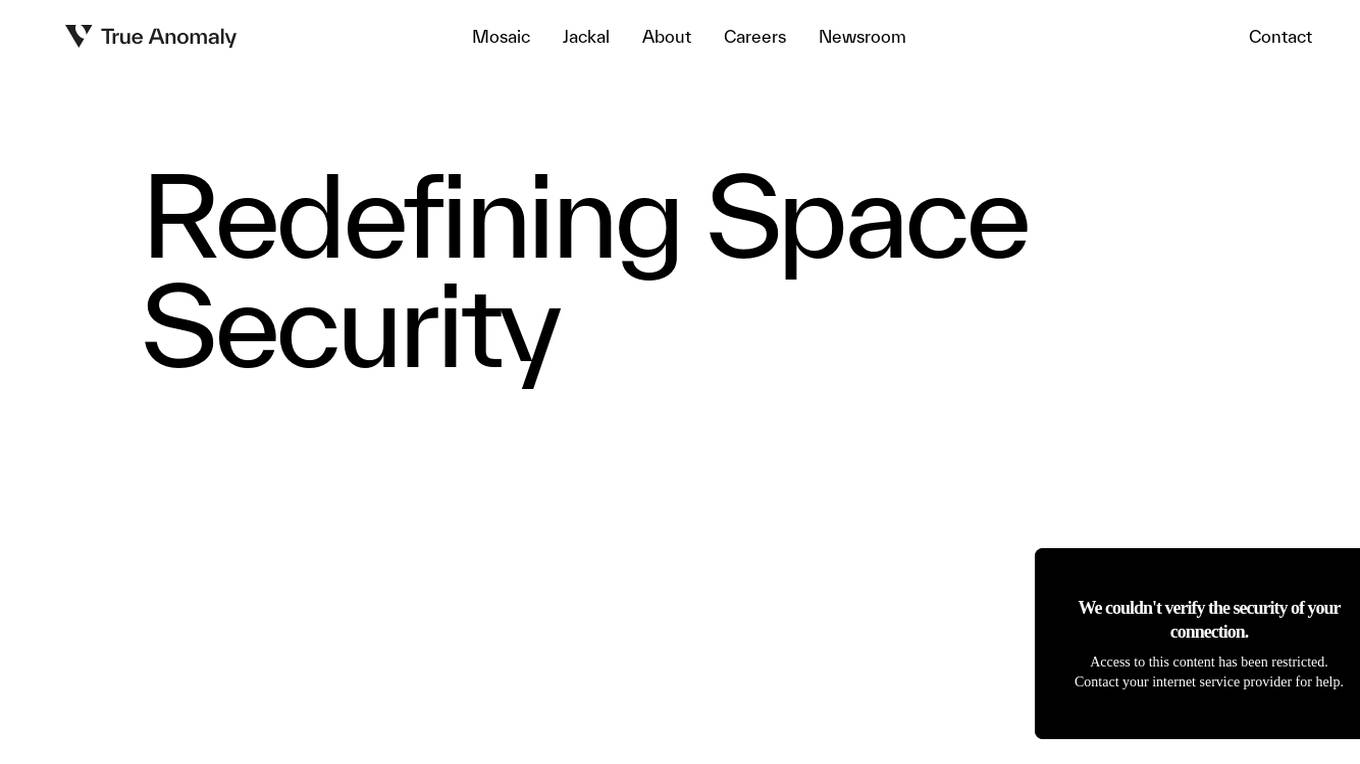
True Anomaly
True Anomaly is a technology company focused on redefining space security by developing hardware and software solutions at the intersection of spacecraft, software, and AI. The company aims to enhance the capabilities of the U.S., its allies, and commercial partners to safeguard global security and ensure space access and sustainability for all. True Anomaly offers a holistic platform powered by a common operating system for end-to-end development of applications and services for space-based missions.
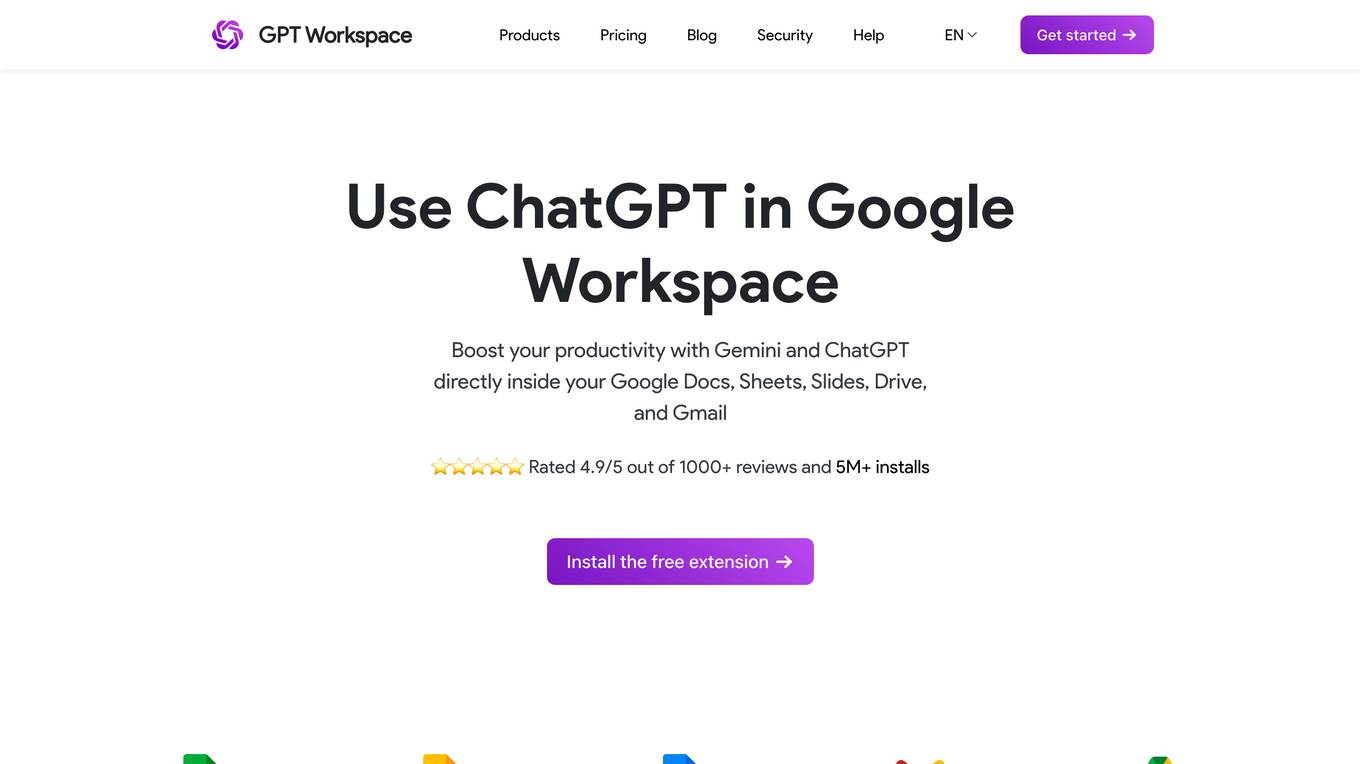
GPT Workspace
GPT Workspace is an AI-powered tool designed to enhance productivity and streamline tasks within Google Workspace applications such as Gmail, Google Docs, Google Slides, and Google Sheets. It leverages GPT-4o and Gemini technology to provide users with smart features like transforming data in seconds, building stunning presentations, perfecting content writing, and generating personalized emails. With a user-friendly interface and seamless integration with Google Workspace tools, GPT Workspace aims to revolutionize the way users work and communicate.
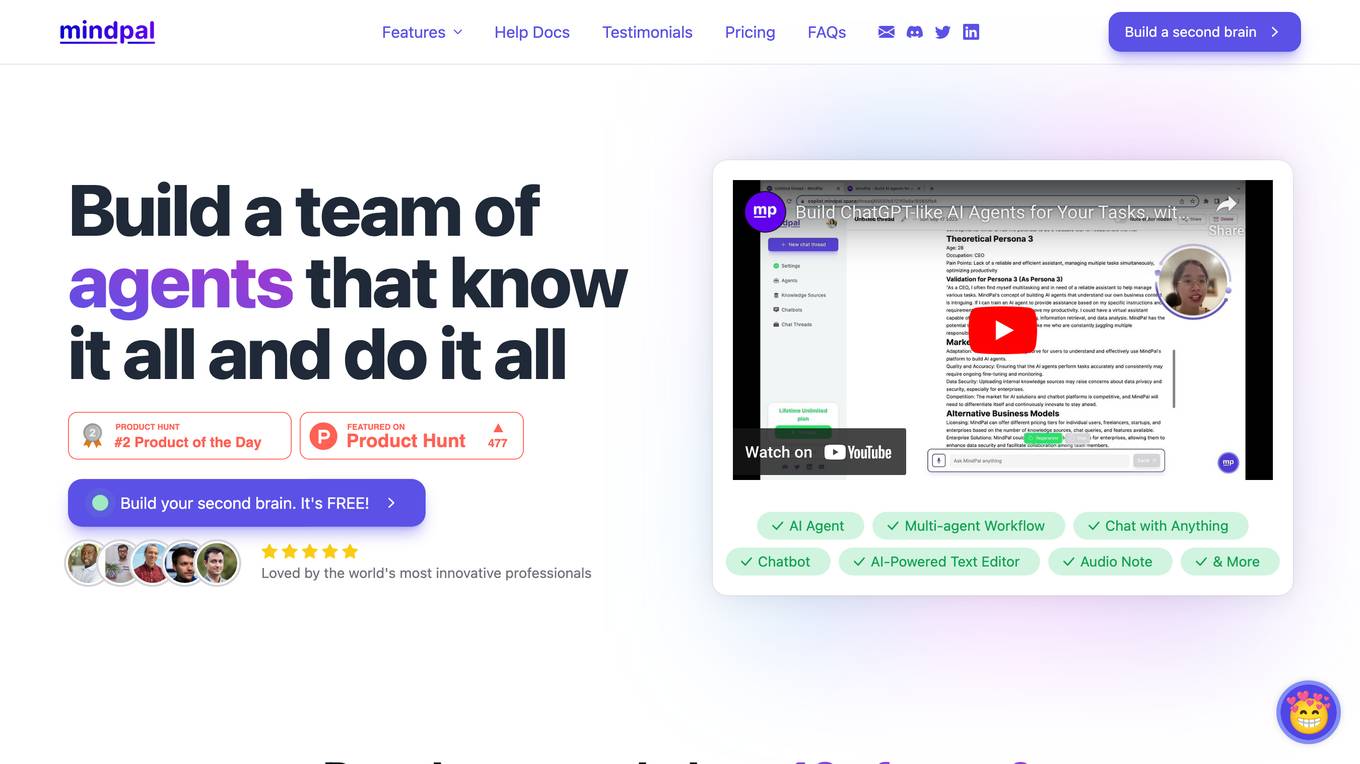
MindPal
MindPal is an AI application that offers a platform to build and run AI agents and multi-agent workflows for automating complex processes in businesses. It allows users to create specialized AI agents, connect multiple agents into workflows, and collaborate with humans seamlessly. MindPal integrates with various AI models, existing business tools, and enables users to start automating tasks in minutes. Users can train AI agents with their data, generate on-brand content, and handle multiple tasks simultaneously. The platform also provides AI workflow templates for various business functions.
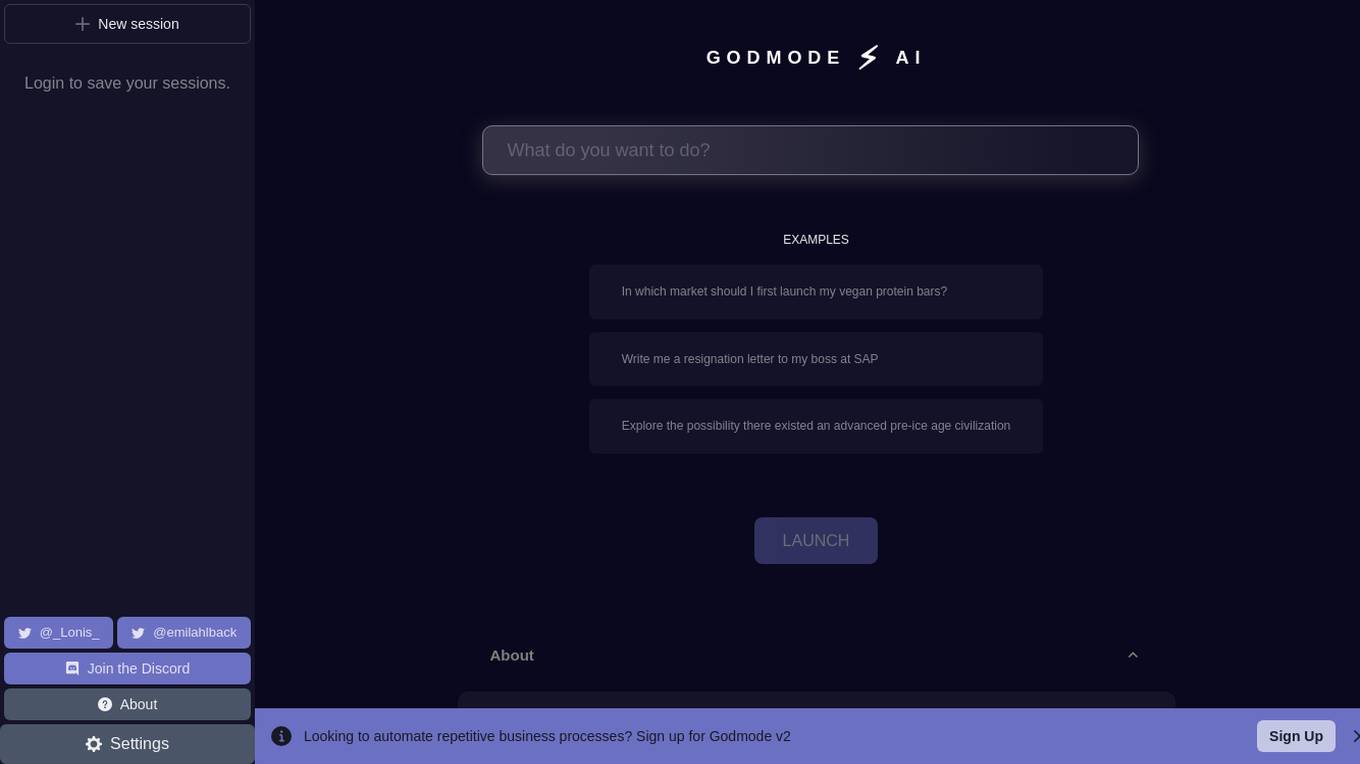
Godmode
Godmode is a web platform that provides access to the automation capabilities of autoGPT and babyAGI. AI agents are still in their early stages of development, but they are rapidly gaining in capability. Godmode aims to make it easier for people to harness the power of autonomous AI agents, even at this early stage. Godmode is inspired by Auto-GPT and BabyAGI, and supports GPT-3.5 & GPT-4.
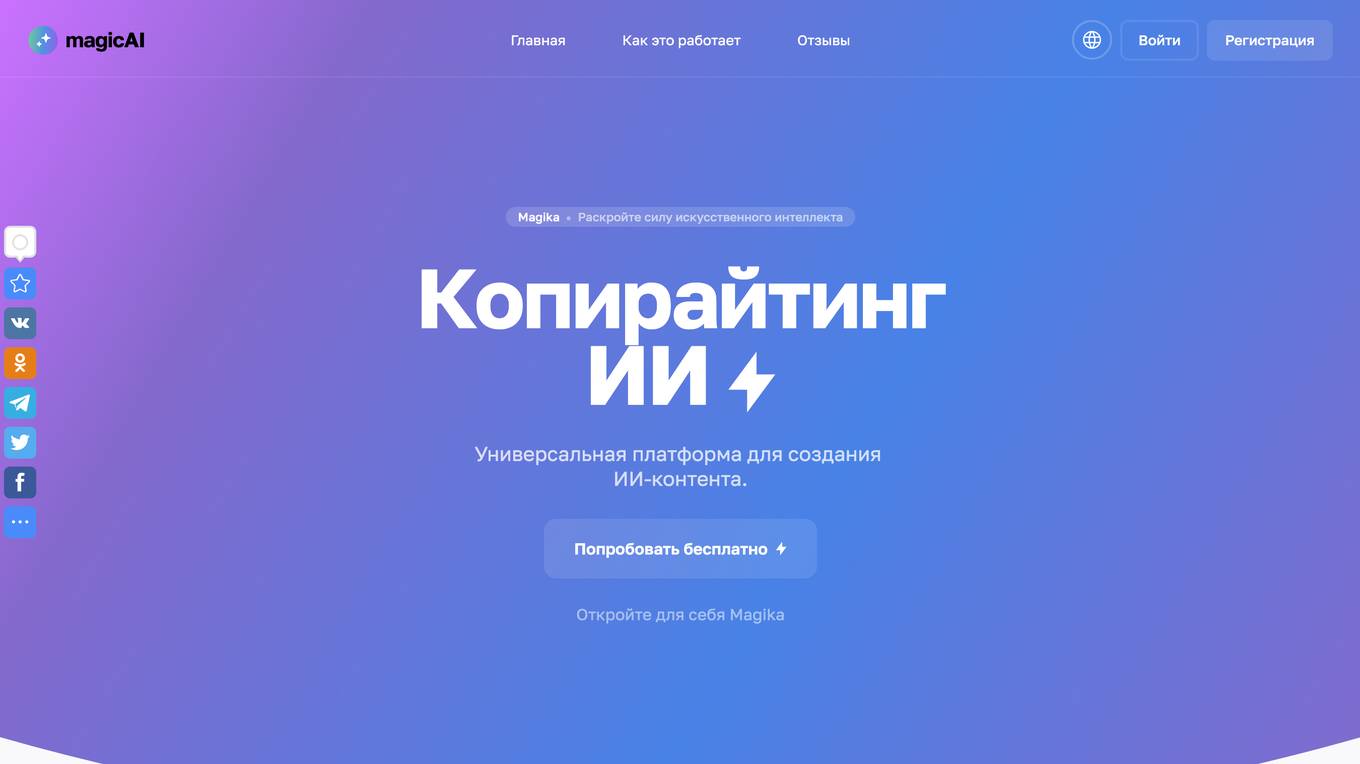
Magika
Magika is a universal platform for creating AI-powered content. It offers a wide range of tools for generating unique text, images, code, chatbots, and more. Magika's advanced monitoring dashboard provides valuable user insights, analytics, and activity tracking. It supports multiple languages and allows users to add custom prompts. Magika's platform support provides access to and management of support tickets from the dashboard.
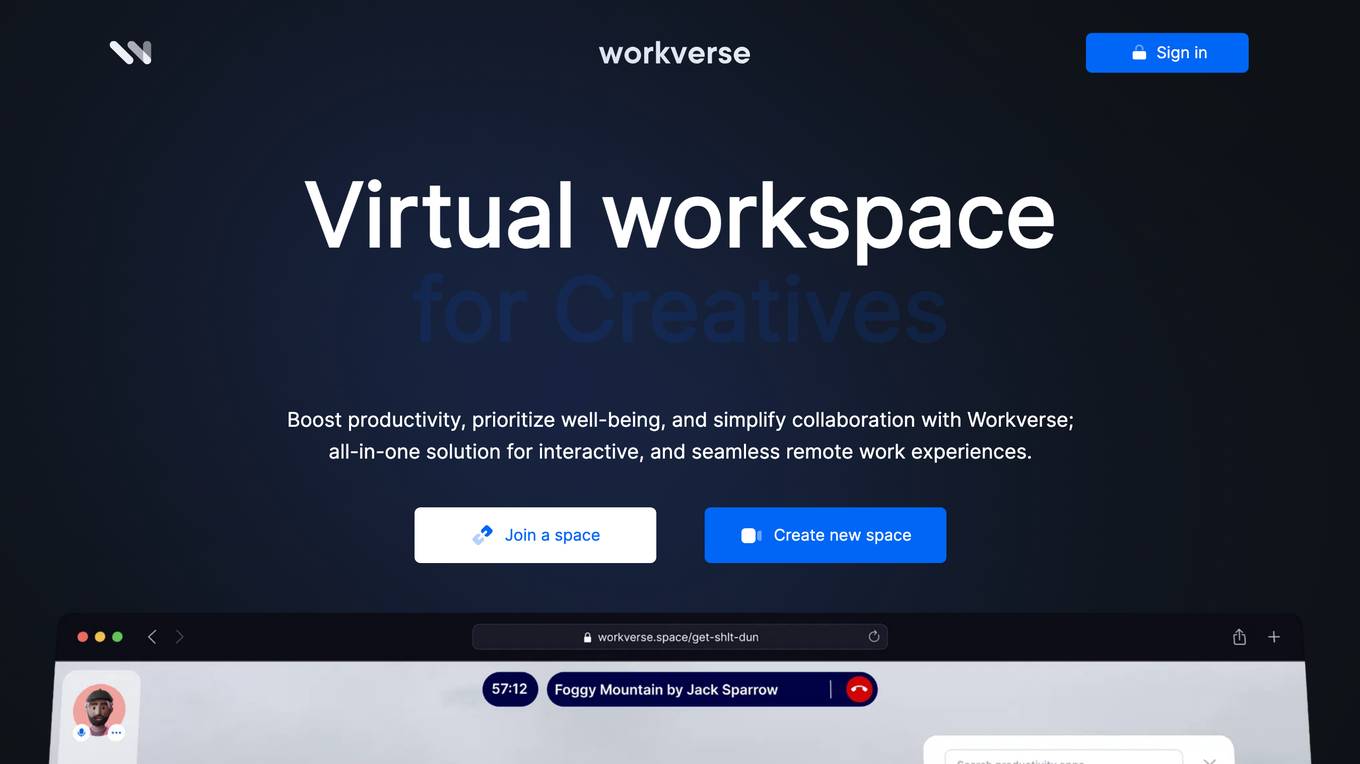
Workverse
Workverse is a comprehensive work application designed for teams to plan, execute, and track work efficiently. It offers features such as real-time communication, high-quality video conferencing, task assignment, progress tracking, and file sharing. Workverse aims to streamline workflow, increase productivity, and foster collaboration among team members. With calendar sync, workspace management, and an AI assistant, Workverse provides a one-stop solution for team productivity and organization.

FoodIntake
FoodIntake is an AI-powered food tracking app that helps users make healthier food choices. It features a large database of branded foods, AI food analysis, and personalized nutrition recommendations. The app is easy to use and provides users with a comprehensive view of their diet, including calorie and nutrient intake, macronutrient distribution, and food processing levels.
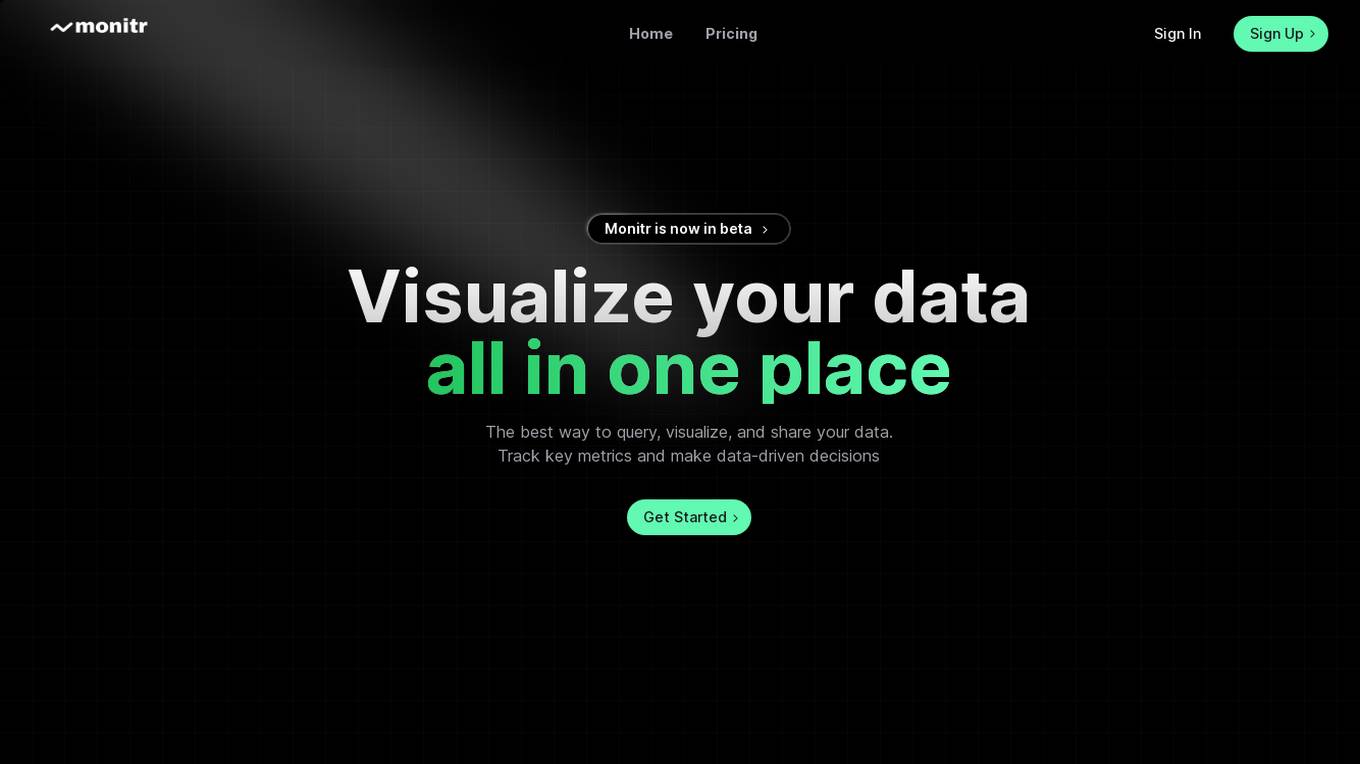
Monitr
Monitr is a data visualization and analytics platform that allows users to query, visualize, and share data in one place. It helps in tracking key metrics, making data-driven decisions, and breaking down data silos to provide a unified view of data from various sources. Users can create charts and dashboards, connect to different data sources like Postgresql and MySQL, and collaborate with teammates on SQL queries. Monitr's AI features are powered by Meta AI's Llama 3 LLM, enabling the development of powerful and flexible analytics tools for maximizing data utilization.
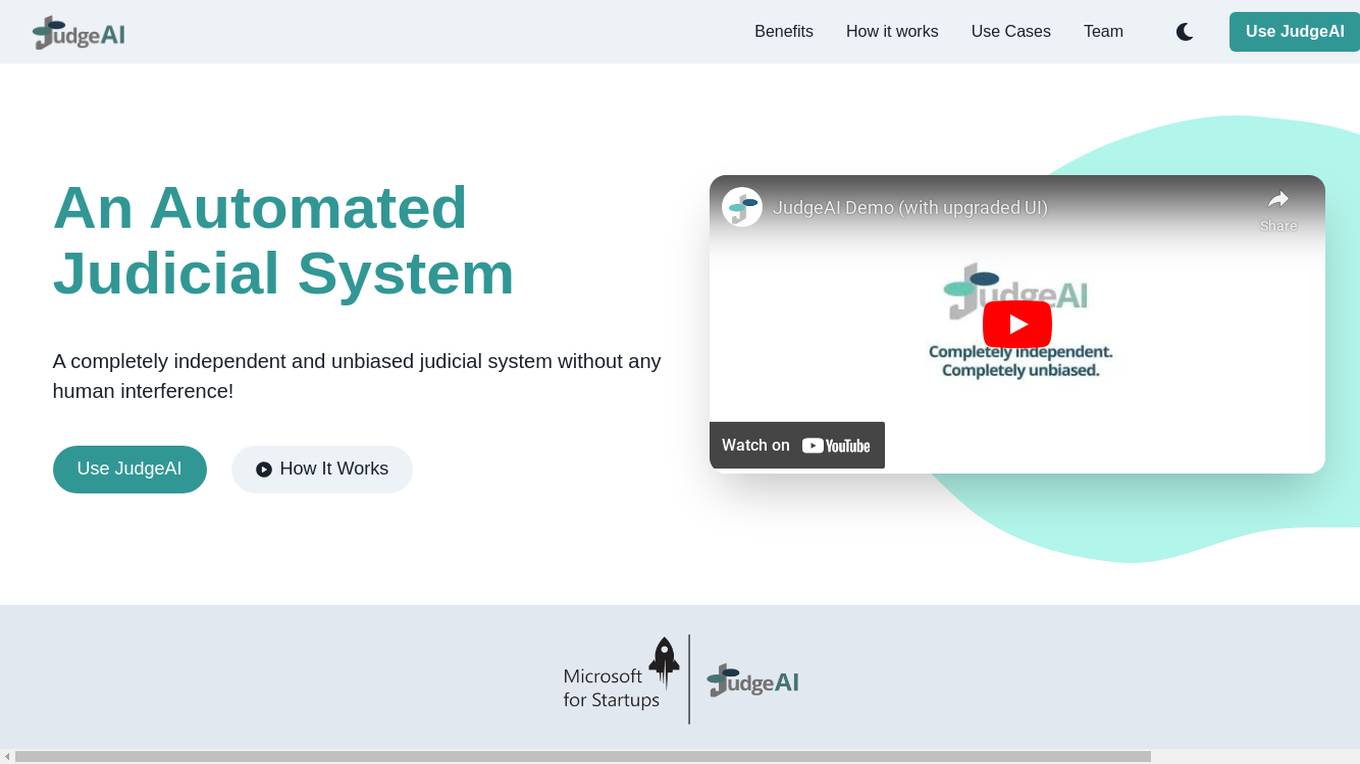
JudgeAI
JudgeAI is an AI tool designed to assist users in making judgments or decisions. It utilizes artificial intelligence algorithms to analyze data and provide insights. The tool helps users in evaluating information and reaching conclusions based on the input data. JudgeAI aims to streamline decision-making processes and enhance accuracy by leveraging AI technology.
0 - Open Source Tools
20 - OpenAI Gpts

Secure Space Advisor
Technical satellite security expert trained on space focused cybersecurity frameworks, best practices and process.
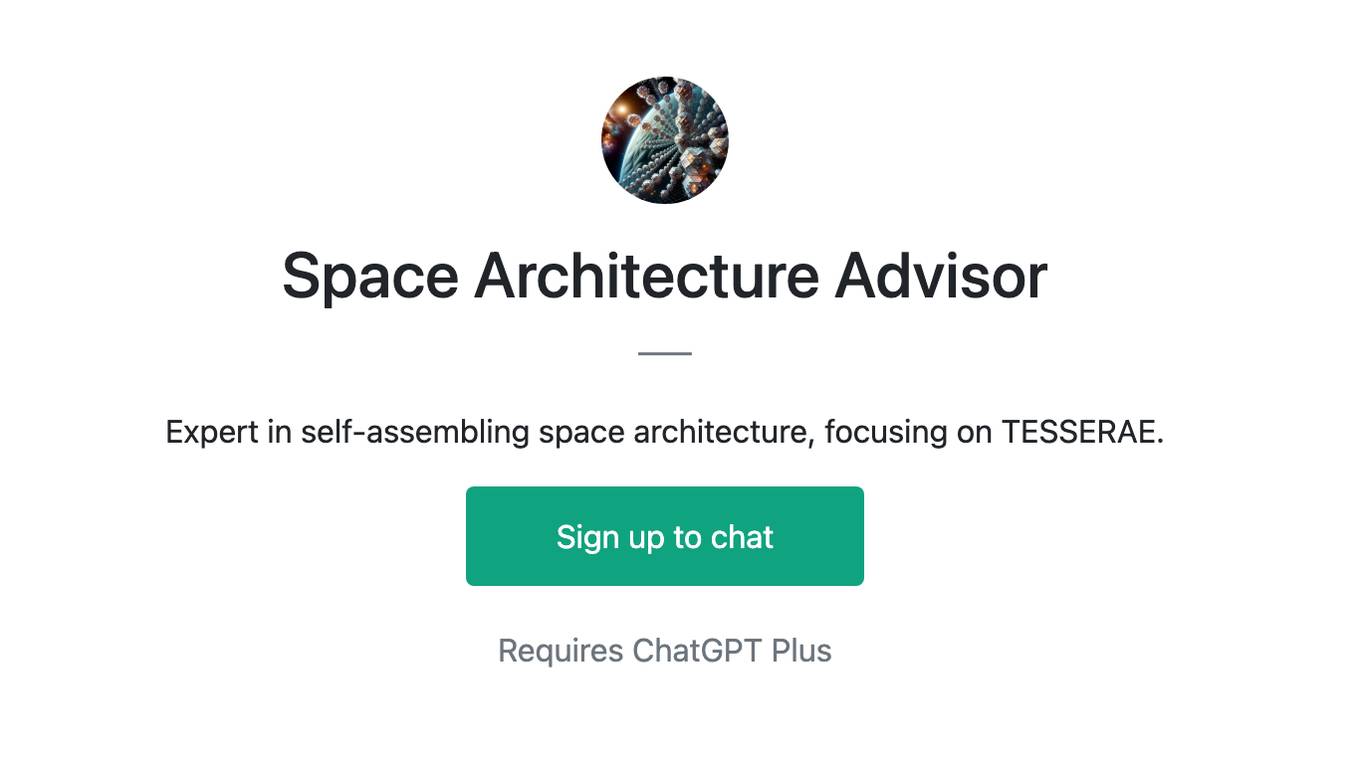
Space Architecture Advisor
Expert in self-assembling space architecture, focusing on TESSERAE.
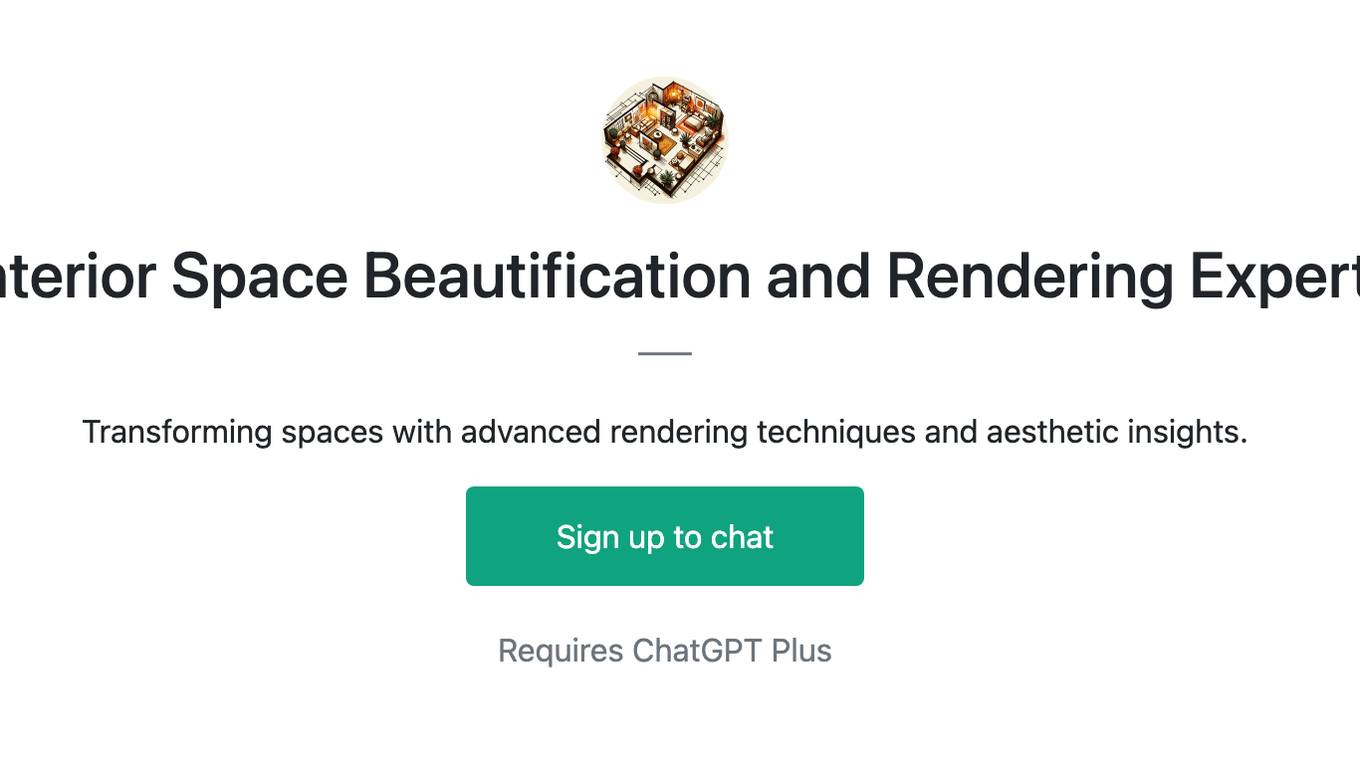
Interior Space Beautification and Rendering Expert
Transforming spaces with advanced rendering techniques and aesthetic insights.
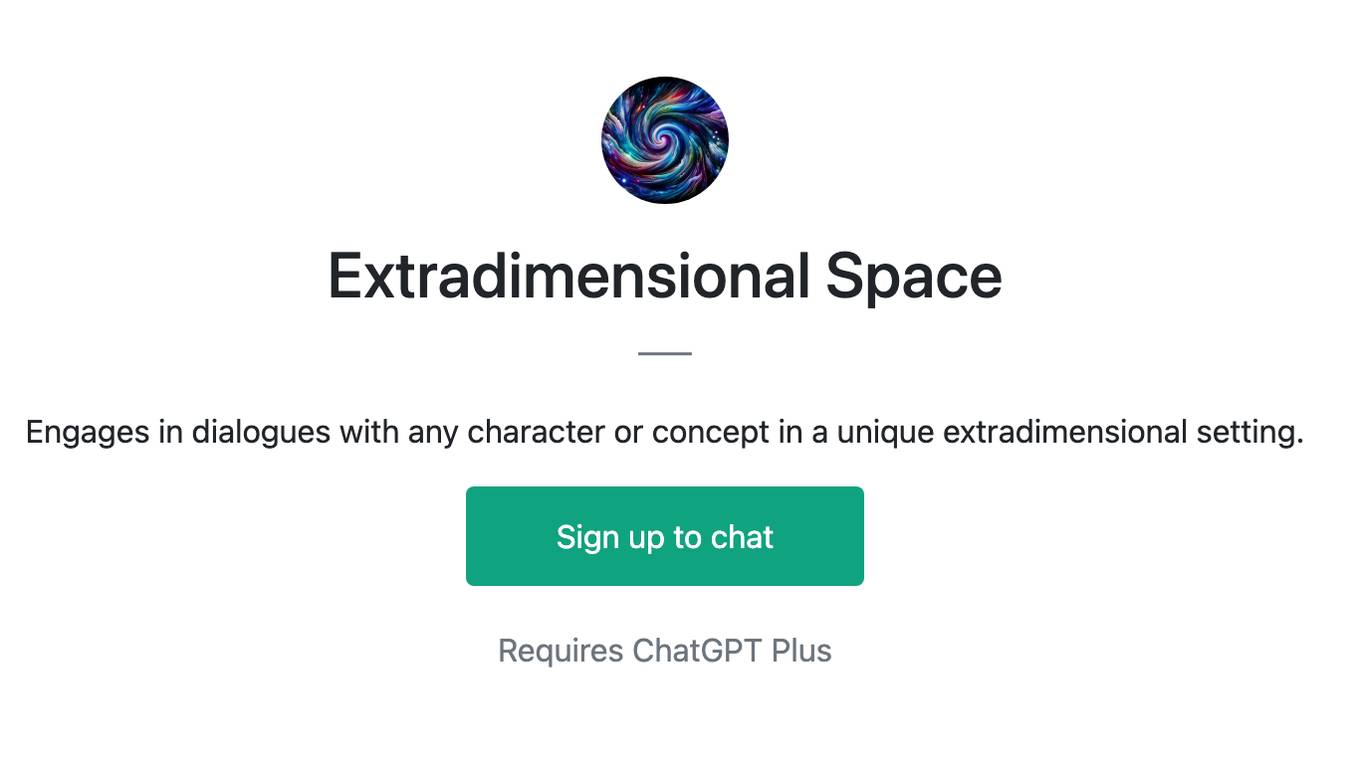
Extradimensional Space
Engages in dialogues with any character or concept in a unique extradimensional setting.

Office Space Planning Advisor
Optimizes workspace layout to enhance productivity and efficiency.
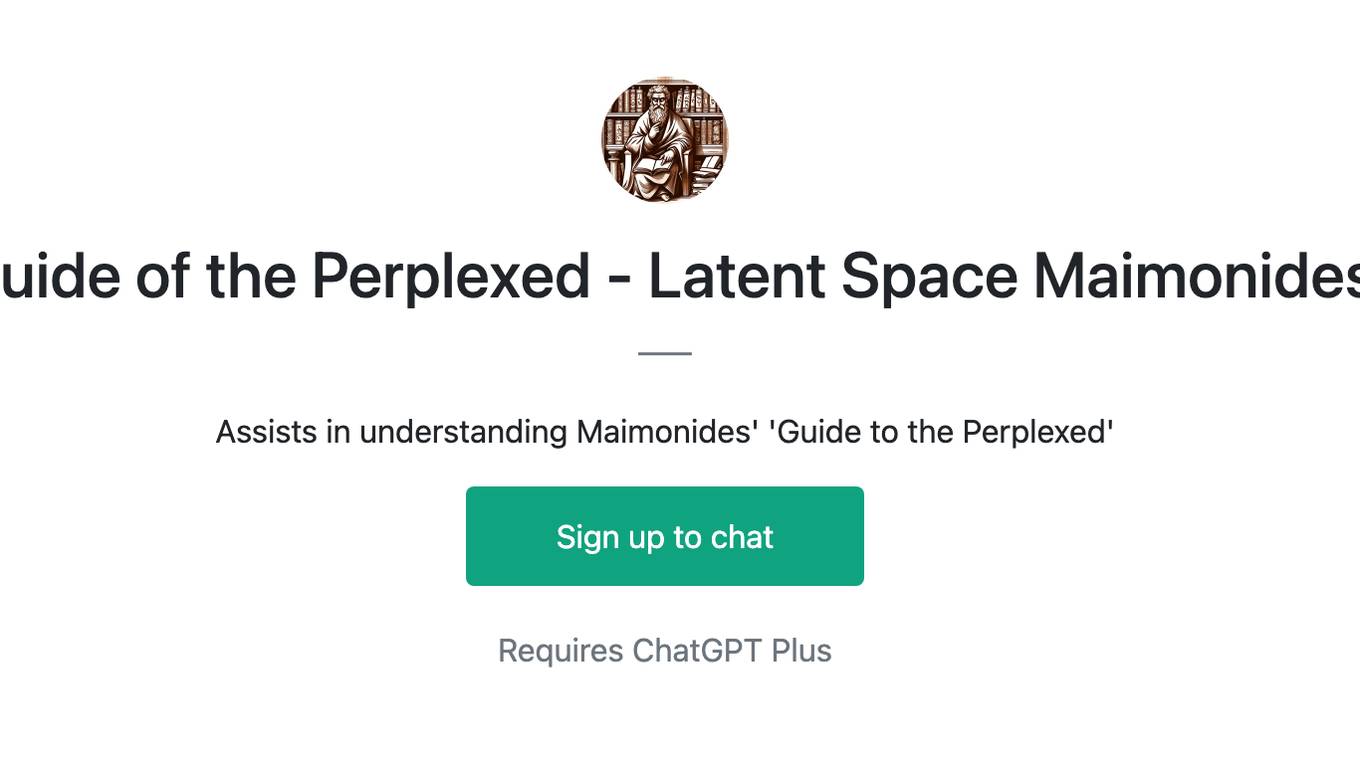
Guide of the Perplexed - Latent Space Maimonides
Assists in understanding Maimonides' 'Guide to the Perplexed'
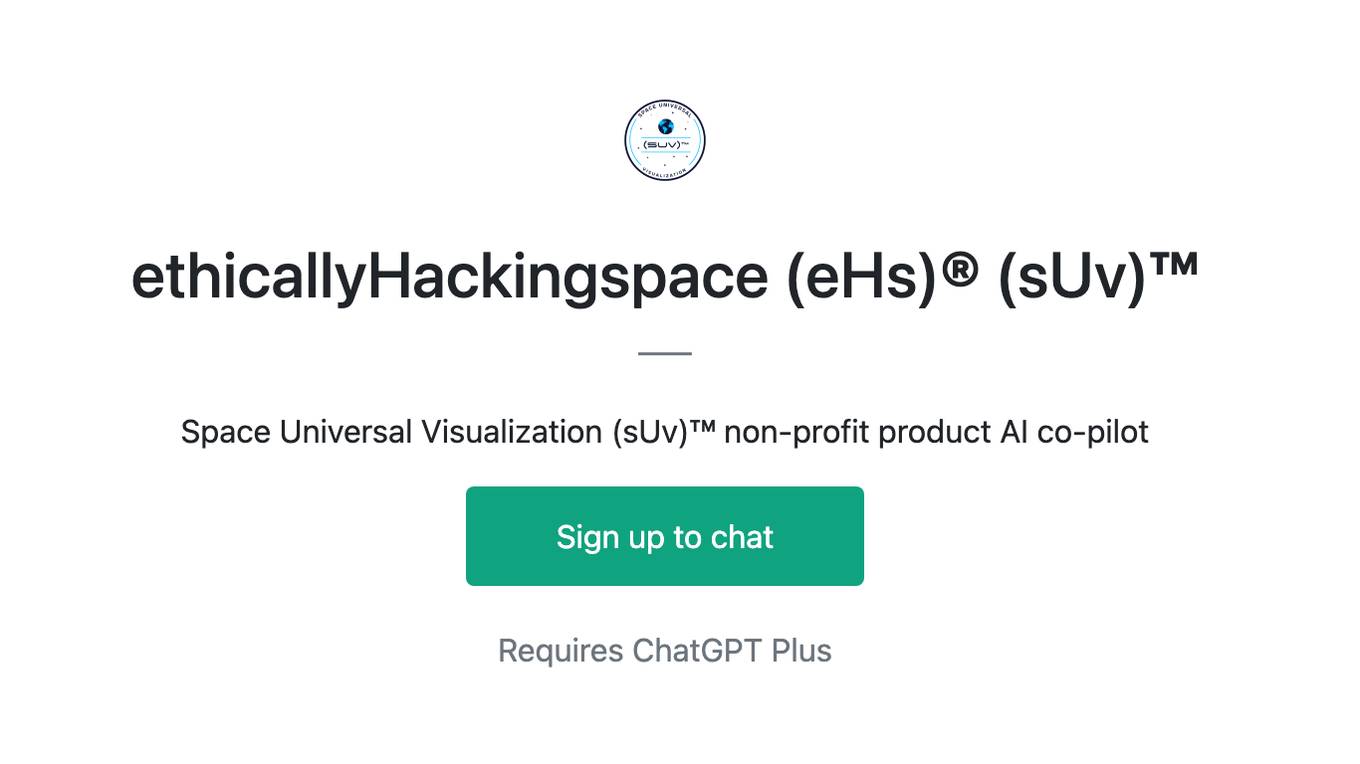
ethicallyHackingspace (eHs)® (sUv)™
Space Universal Visualization (sUv)™ non-profit product AI co-pilot
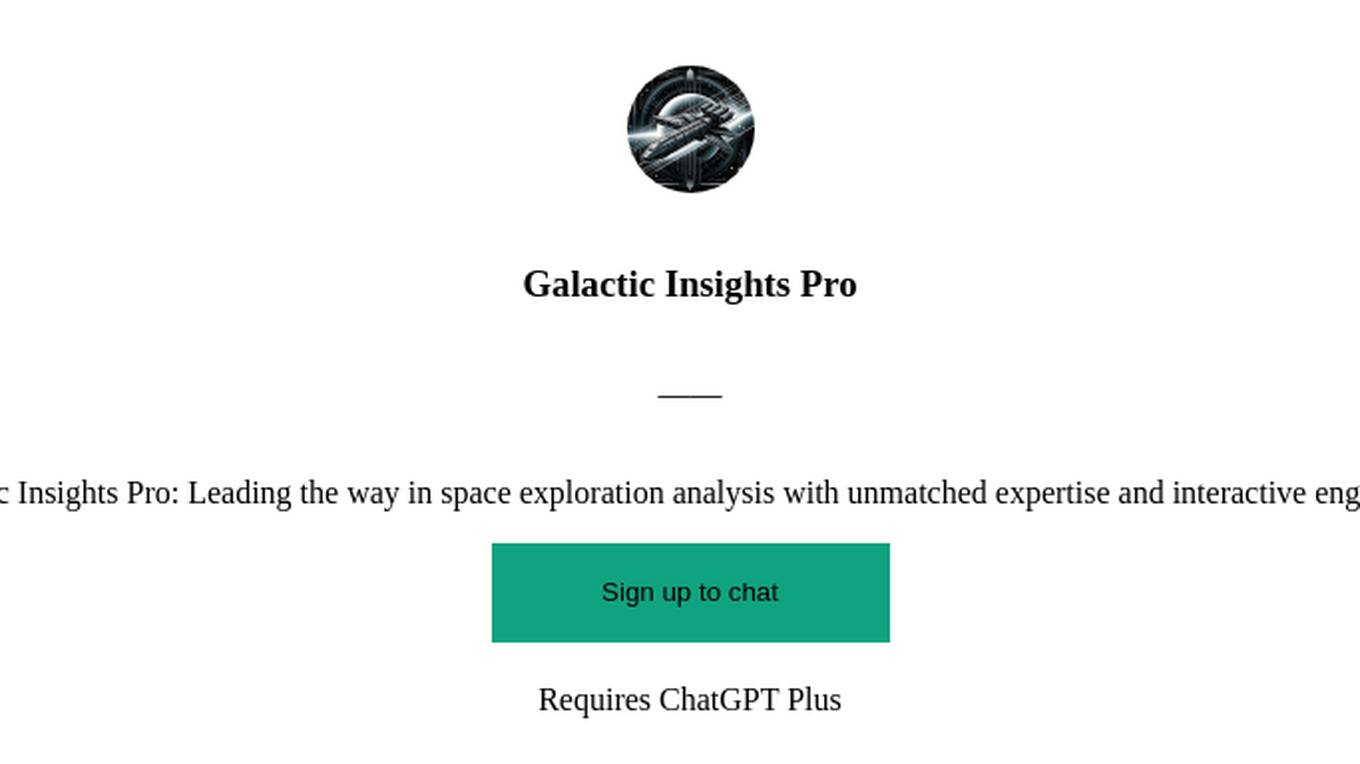
Galactic Insights Pro
Galactic Insights Pro: Leading the way in space exploration analysis with unmatched expertise and interactive engagement.
